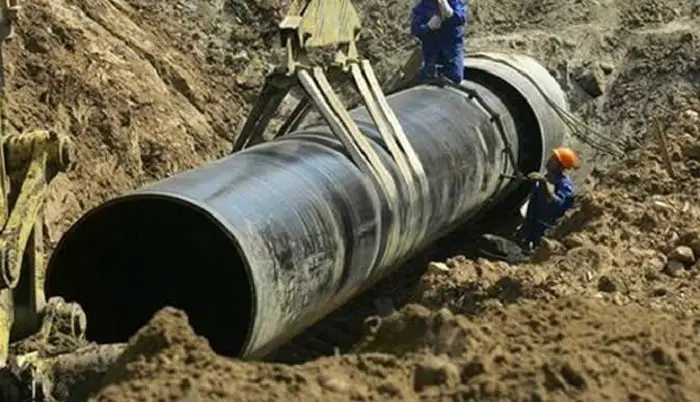South Africa and private institutions from outside the country are planning to partner with Zimbabwe and assist in the completion and implementation of the Matabeleland Zambezi Water Project. The implementation of the Zambezi Water Project, which has been hampered by challenges, seeks to end the perennial water shortages in Bulawayo by bringing water from the Zambezi River to the city.
South Africa-Zimbabwe Business Connect president Mr Justice Maphosa said the implementation of the Zambezi Water Project required a holistic approach with assistance from other governments and private institutions.
“We’re in the process of coming up with a master plan as a strategic framework for guiding infrastructure development within the two countries. Projects such as the Matabeleland Zambezi Water project are key to this plan. “As SA-Zim Business Connect, we seek to approach it in a triple P plan that should be pursued and implemented to the benefit of both countries.
“Imagine what a water canal system from the Zambezi River down to Umzingwane joining and feeding the Tuli River can do to the economy of Zimbabwe? We see this as a Government to Government arrangement, with the two countries financing a portion of it and a huge portion coming from private funds,” said Mr Maphosa while addressing delegates at a business meeting in Bulawayo.
He said they were already discussing with partners in South Africa and Lesotho who have shown interest in being part of the project.
“These partners are already doing it in South Africa and Lesotho and they’re keen to come to Zimbabwe and assist. At times projects are difficult if you look at it from country to country but if you bring in private funds, coordinated with a very keen interest and overseen by governments of both countries, such projects can be successful.
“South Africa does not harvest its own water. We have constructed many rivers, dams and canals working with many partners from Lesotho.
“We can take advantage of these partners to come into the country. We can make it work if the willingness is there,” said Mr Maphosa. The idea to build a pipeline from the Zambezi River to Bulawayo was first mooted in 1912 by the British colonial rulers of the then Southern Rhodesia after realising that the Matabeleland region suffered persistent droughts.
The plan to draw water from the great Zambezi, regarded as the sole and permanent solution to the region’s perennial water woes, was to construct a dam with a capacity to hold 691 million cubic meters of water and the pipeline from the Zambezi River linking the dam with Bulawayo.
As per the plan, a green belt which is 30km wide on either side of the 450km pipeline was to be created and was to see more than five million hectares being put under irrigation.
Analysts have said the project requires the private sector to partner Government as well as financial institutions from outside the country to chip in and assist bring the project to an end.
Mr Maphosa, who is a Zimbabwean born SA-based businessman, said Zimbabwe had a lot of investment opportunities and he was in the country to get the necessary information on concerns such as issues of land rights, bond notes and indigenisation policy.

Leave a Reply